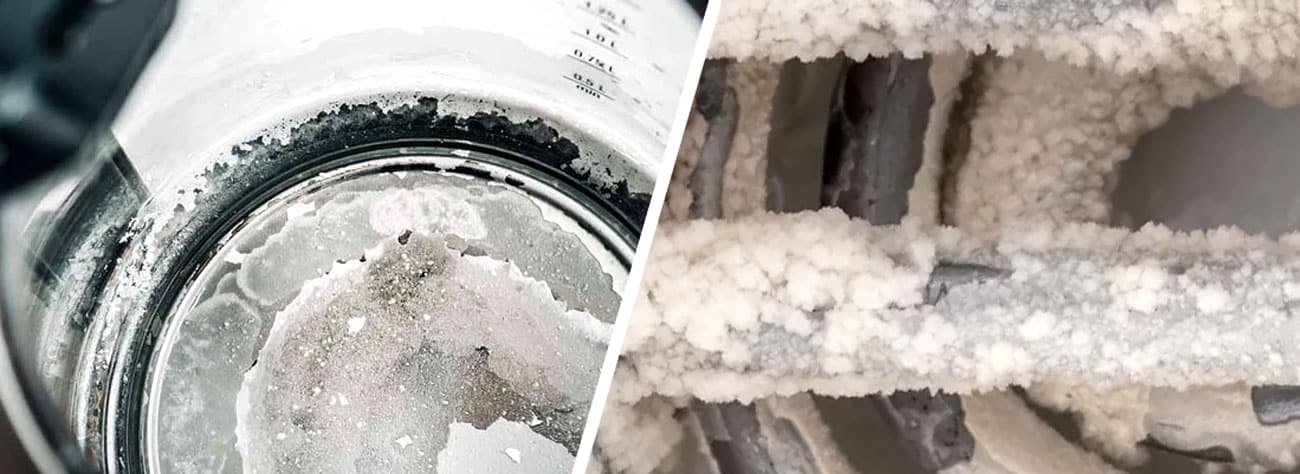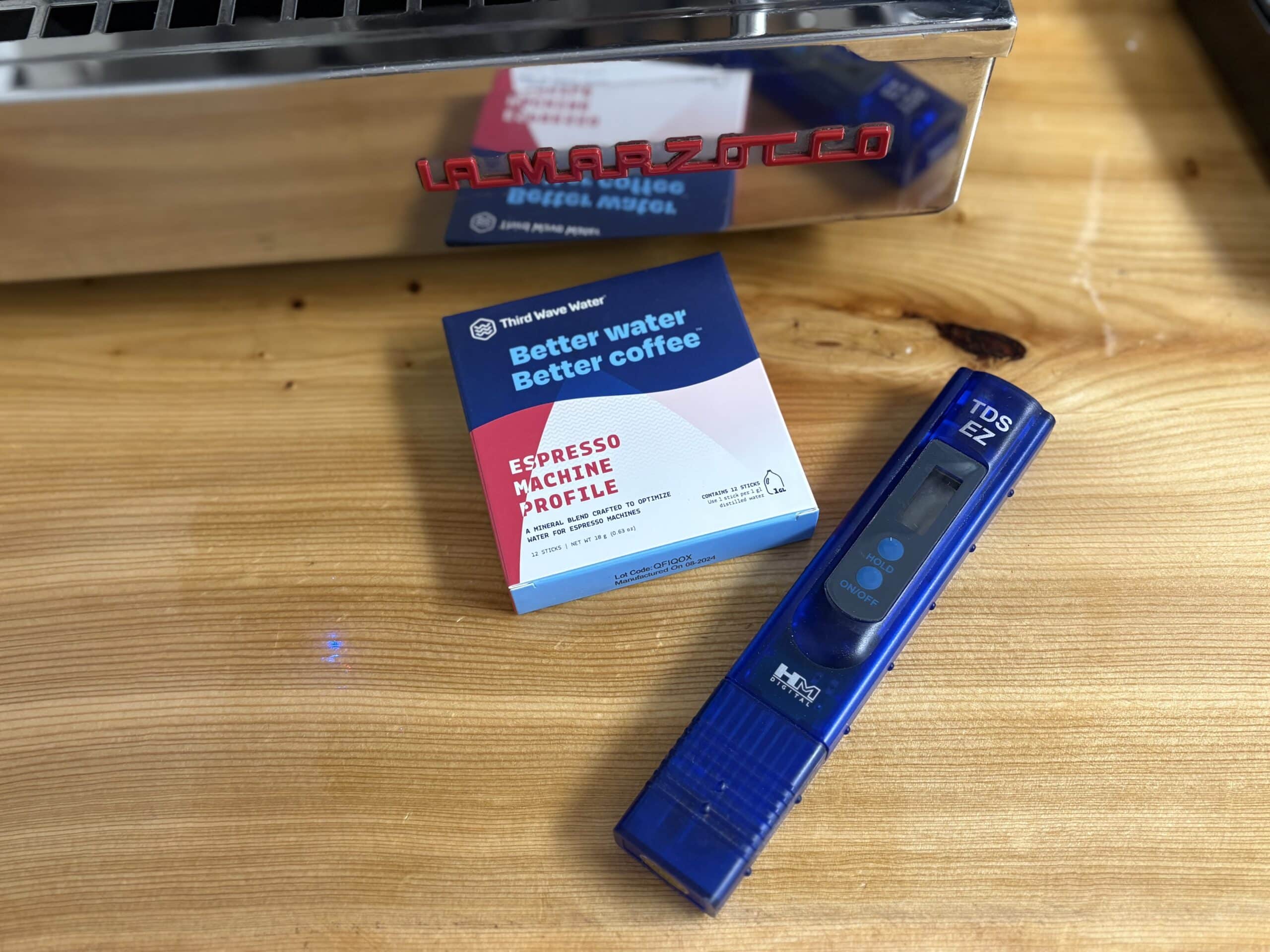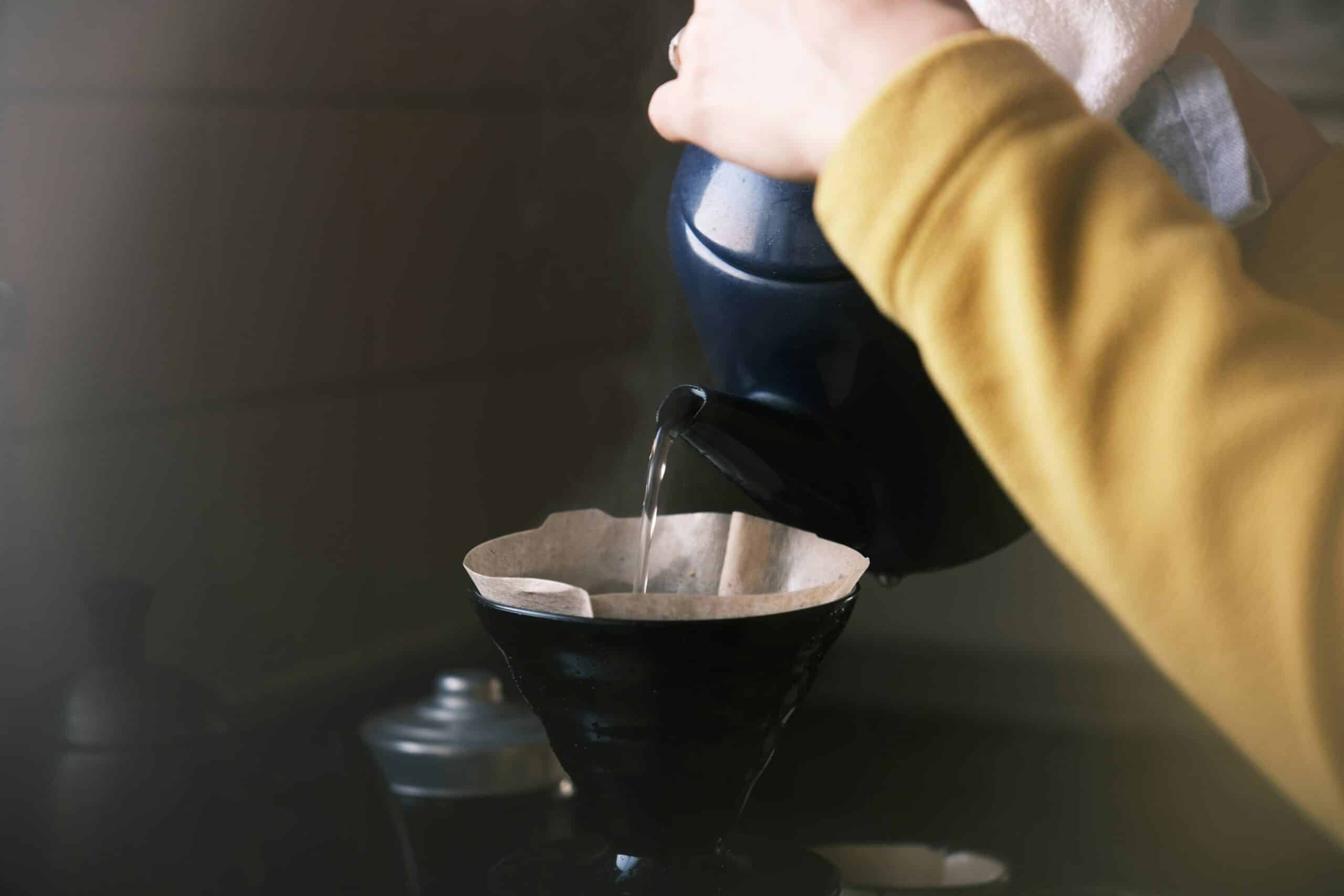When it comes to brewing coffee, we often obsess over the beans, the roast level, or even the brewing method. While these aspects are critical to a good cup, there’s another vital ingredient that often goes overlooked—water. Yes, water. After all, coffee is 98% water, making it just as important as the most meticulously sourced coffee beans.
But how does water affect your coffee, and why should you be paying close attention to the quality of water you’re using? This guide will walk you through everything you need to know about water’s essential role in coffee brewing, common issues with tap water, and how you can elevate your coffee-making game by getting the water just right.
The Hidden Role of Water in Coffee Brewing
Water acts as the medium through which coffee flavors are extracted from your grounds. During the brewing process, hot water dissolves the soluble compounds in coffee, resulting in the rich and complex drink we love. The quality of your water determines how effectively those flavors are extracted and what you ultimately taste in your cup.
Poor water quality can mask the nuanced flavors of your specialty beans, no matter how high-grade they are. On the flip side, the right water can bring out complex notes you might miss otherwise, making every sip more enjoyable.
Think of coffee brewing as a chemistry experiment. Water is the solvent, coffee grounds are the solute, and the final brew is the solution. For the “experiment” to succeed, water must interact with coffee grounds in a balanced way. This is why both the mineral composition and purity of your water matter so much.
Too soft, too hard, or highly chlorinated water can drastically alter the flavor, sometimes leaving your coffee tasting dull, bitter, or even metallic.
How Minerals in Water Influence Extraction
Water is not just H₂O. It carries minerals like calcium and magnesium, which directly affect coffee extraction. But what does extraction mean? Simply put, it’s the process of pulling out the flavors, oils, and aromas from your coffee grounds to create the liquid gold in your cup. Without the right levels of minerals, this extraction process can go sideways.
The Role of Minerals
Think of minerals as tiny flavor magnets. They attach themselves to the sugars, acids, and oils in coffee grounds, pulling out the vibrant complexity of flavors inherent in your beans. Hard water, which has higher levels of dissolved minerals, can enhance sweetness, increase body, and bring out brighter acidity when balanced correctly. For example:
- Magnesium enhances the extraction of coffee’s natural oils, giving your brew a fuller body.
- Calcium plays a balancing act, contributing to a clean and crisp finish.
These minerals, in just the right amounts, help create the symphony of flavors you’d expect in a well-balanced cup of coffee. This is particularly true for specialty coffee, where nuanced flavors like stone fruit or chocolatey undertones depend on precise extraction.
The Magic of Balanced Water
Blending specific mineral ratios to suit your brew method can elevate any coffee. For instance:
- A pour-over coffee brewed with balanced water might result in a subtle brightness with enhanced sweetness and a long, clean finish.
- Your morning espresso might taste more indulgent, with layers of complexity if the water has been curated.
If you’re serious about brewing, investing in the right water treatment could be a game-changer.
Too Many Minerals Can Cause Trouble
While minerals are essential for unlocking flavors, too much of a good thing can backfire. Excess minerals can lead to overly extracted coffee, resulting in bitter, unpleasant flavors. But that’s not the only issue.

image from: https://bigcupofcoffee.com/
Equipment Damage from Hard Water
If you’re brewing espresso or using kettles, hard water can also wreak havoc on your equipment. Water packed with calcium and magnesium can cause scale buildup inside machines, leading to:
- Clogged Pipes: Scale buildup can reduce water flow, which is terrible news for espresso machines that rely on consistent pressure.
- Reduced Heat Efficiency: Scale acts as insulation, requiring your equipment to use more energy to heat water. Over time, this impacts consistency in extraction and drives up energy costs.
- Costly Repairs: Left unchecked, these issues can escalate into expensive equipment maintenance and replacements.
Regular machine descaling is crucial for anyone working with hard water, but a preventive approach is better. Using filtered or softened water helps minimize scale buildup and prolongs the life of your espresso machines and kettles.
To keep your equipment in peak condition and your coffee tasting its best, consider using water filtration systems or reverse osmosis water with remineralization.
The Science Behind Coffee and Water Quality
To brew the perfect coffee, you’ll want water that has the ideal balance of Total Dissolved Solids (TDS) and a specific Parts Per Million (PPM) mineral composition.
- TDS (Total Dissolved Solids): This measures the amount of dissolved particles in the water. A good range for brewing coffee is typically between 75 and 150 TDS.
- PPM (Parts Per Million): Refers to how much calcium and magnesium (the primary minerals responsible for coffee flavor extraction) are present in the water.
Finding this sweet spot ensures that your coffee reveals the complexity of its flavor profile without being overly bitter, acidic, or dull.
Why Tap Water Falls Short
You might be wondering, “Why can’t I just use tap water?” While tap water is easy to access, it often contains chlorine, excessive minerals, or other impurities that can negatively impact your brew. Worse, hard water with high levels of calcium carbonate can lead to scale buildup in your coffee maker, shortening the lifespan of your equipment.
On the other hand, distilled or reverse osmosis (RO) water removes all minerals. While it prevents scale and is better for equipment, mineral-free water often leads to flat, uninspiring coffee. This brings us to the solution for perfect coffee water…
Adding Minerals for the Perfect Brew
The best approach is to start with purified water, like distilled or reverse osmosis water, and then add minerals back in. Not only does this allow you to control the mineral composition, but it also gives you water that both protects your equipment and makes exceptional coffee.
At Alternate Route Coffee Co., we recommend using products like Third Wave Water mineral packets. These packets are designed specifically for brewing coffee, providing different options for espresso and standard coffee methods. They allow you to regulate the mineral balance with precision, delivering reliable results every time you brew.
Here’s why adding your own minerals works so well:
- Flavor Optimization: A balanced mineral composition extracts the best flavors from your beans.
- Equipment Protection: Prevents the scale buildup common with hard water.
- Customization: Lets you adjust the flavor profile to best suit different coffee roasts or brewing methods.

Tasting the Impact of Quality Water
Have you ever brewed the same coffee from the same beans but with different water sources? If so, you’ve likely noticed a difference. Poor-quality water (from a highly chlorinated source, for instance) can mute or mask your coffee’s flavors, leaving it tasting dull or flat.
Contrast that with high-quality, mineral-balanced water, and you’ll experience a revelation:
- Brighter, more vibrant acidity
- Fuller, rounder body
- Cleaner, more lingering finish
Upgrading your water unlocks the potential of even a standard cup of coffee. And when combined with premium beans, like those offered at Alternate Route Coffee, your daily brew can turn into something extraordinary.
Tips for Brewing with Optimized Water
To recap, here are some quick tips to elevate your coffee game with better water:
- Avoid using pure tap water unless it has been filtered to remove impurities like chlorine
- Stick to distilled or reverse osmosis water as a base.
- Reintroduce minerals using products tailored for coffee brewing, like Third Wave Water.
- Experiment with the mineral composition to find your perfect flavor balance
- Regularly clean and descale your brewing equipment to maintain consistency.
Why Water Shouldn’t Be an Afterthought
Before it touches your beans, water may seem like a simple, uniform substance. After all, isn’t it just H2O? Not quite. The truth is, water is far from pure. It’s packed with minerals like calcium, magnesium, and bicarbonates, which play an essential role in extracting the flavors and aromas locked in your coffee grounds.
The Alternate Route to Great Coffee
At Alternate Route Coffee, we understand that great coffee begins with great foundations, and water is where it all starts. Our mission is to help coffee enthusiasts like you uncover the beauty of an expertly brewed cup, not just through our ethically sourced beans, but by educating you on every element of the brewing process.
If you’re curious about how to improve your brew, why not visit our coffee bar? We’ll be happy to talk shop about everything from roast profiles to brewing tips. Or maybe explore our brewing equipment designed to help you get the most out of your coffee at home.
Want to dig deeper into creating the perfect brew? Visit our website to shop ethically sourced beans and explore high-quality brewing equipment. And while you’re there, why not join our newsletter for exclusive coffee tips, brewing hacks, and special subscriber discounts?
And remember, caring for the finer details, like water, isn’t just for chemists or baristas. It’s for anyone who loves great coffee

